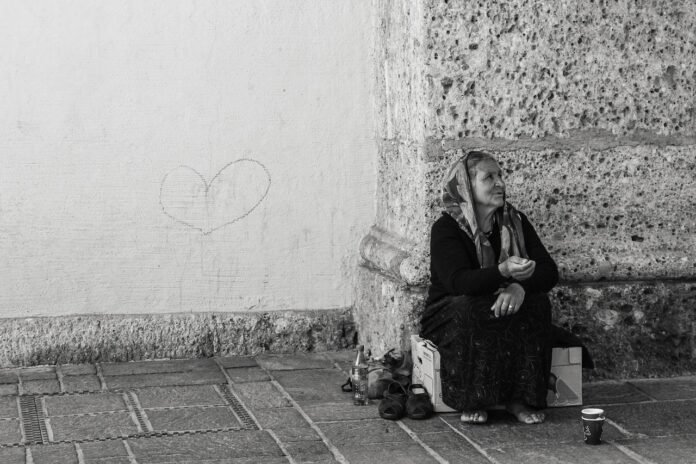
Women in Turkey are often only able to perform unpaid labor at home rather than hold outside jobs and as a result suffer the most from poverty, said economist Dr. Ayşe Aylin Bayar in an interview with the Bianet news website.
Bayar talked about her recent study, “The COVID-19 Pandemic and Poverty,” and pointed out that the pandemic has not only increased poverty among women but also increased their work. “Although the pandemic is a health crisis, it has also led to an economic crisis,” she said. “The government needs to develop long-term policies to solve this problem.”
Bayer noted that there has been a 9.1 percent increase in poverty among women in Turkey and added that single mothers in particular suffer from the effects of poverty.
According to Bayar, the poverty threshold in Turkey is a monthly income of TL 7,983 ($950), and 10.5 million people live below this line. She emphasized that women are affected by poverty in different ways than men. “Only 15 percent of poor women are able to work,” she added. “Most poor women perform unpaid labor in their homes and many are illiterate, which puts them in a very vulnerable position.”
Nesrin Nas, an economist and former deputy from the Motherland Party (Anavatan Partisi), said many women were employed in temporary jobs without insurance, which increases their vulnerability.
While women are paid on average 30 percent less than men, most women also take care of their families, which makes it difficult for them to hold jobs the outside the home. According to Bayar women are expected to take care of the family and home more than men in Turkish culture. “This situation has led to what I call a care crisis that disproportionately affects women struggling with poverty,” she said. ”
Dr. Öner Günçavdı, who also took part in the research, said the government needed to support poor women. “The government needs to ensure these women learn how to read and write. This will increase their options to find better-paying work. Their children should go to day-care centers for free while the mothers work. If women are unable to work because they are caring for their elderly or sick relatives, then they should be provided with a salary.”
According to a survey by the United Nations Development Programme (UNDP), women shouldered most of the unpaid work during lockdown even though employed men working from home did substantially more household work than before.
“The findings are evidence of the stark reality of the incremental burden of unpaid household and care work borne by women, in addition to the jobs they do,” said Claudio Tomasi, UNDP resident representative in Turkey.
“This situation points to the urgent need for policy changes to bring about more equal sharing of unpaid household work between women and men.”
Bayar said women were laid off more than men during the pandemic and that the frequent lockdowns have had a negative effect on their job search. Women who rely on the salaries of their male family members are trapped in poverty because they do not have the opportunity to work and break the cycle of poverty.
Ultimately, the pandemic has deepened the gender divide in Turkish society, and poverty among women has become more visible.














